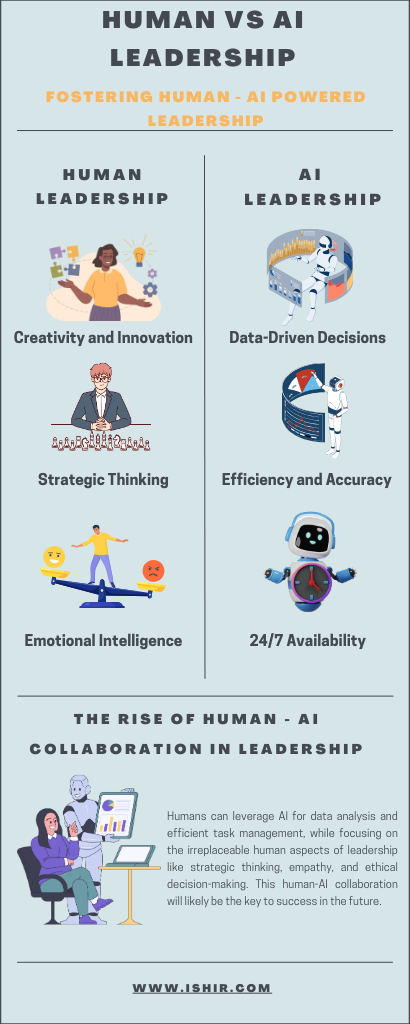AI's New Leadership Challenge

The Urgency of Leadership in the Age of AI
Dr. Ellen Hagan, the founder and CEO of L’AINE HR, has raised critical concerns about the impact of artificial intelligence (AI) and robotics on employment. During a two-day Strategic Women in Leadership and Innovation masterclass held in Accra, she highlighted that jobs traditionally considered secure are now being taken over by machines. This shift underscores the need for a fundamental reevaluation of leadership approaches and workforce readiness.
In her keynote address, Dr. Hagan pointed out that tasks such as writing minutes and speeches, packaging goods, and driving vehicles are increasingly being handled by automation. While this technological advancement presents new opportunities, it also poses significant risks, particularly for economies like Ghana’s. She emphasized that while robots can perform repetitive tasks efficiently, they lack the human qualities essential for effective leadership. These include emotional intelligence, the ability to inspire, and the capacity for innovation.
Dr. Hagan urged leaders, especially women, to proactively anticipate the effects of AI rather than remain complacent. She warned that the rapid pace of technological change could leave the country unprepared if not addressed adequately. Additionally, she discussed the challenges women face when considering leadership roles, citing self-doubt and family responsibilities as major obstacles.
“Most women have the responsibility of caring for their families while working, with no support from home. Of course, your plate is already full, so you may not want to take on extra responsibility,” she explained. She also mentioned the phenomenon of imposter syndrome, where individuals feel they do not belong in their current positions due to long-standing societal expectations.
Mr. James Laar, Managing Director of L’AINE HR, echoed these sentiments during an interview following the event. He encouraged Ghanaian women to transition from aspiring to lead to embracing leadership as a present responsibility. He noted that society no longer views leadership as optional for women.
Laar stressed that leadership is not solely about titles or positions but about taking on responsibility and building confidence. He emphasized that women often lead with greater integrity, achieve stronger results, and demonstrate higher levels of accountability compared to men. These traits are crucial for driving sustainable development in the nation.
As part of the two-day program, participants are expected to create practical action plans to implement within their organizations over the next three months. Organizers aim to ensure that the lessons learned from the masterclass translate into measurable changes in the workplace.
The L’AINE Academy masterclass, themed “Equipping women to lead, influence and innovate for a sustainable Africa,” seeks to empower women through transformational learning, peer mentorship, and the acquisition of tools and frameworks needed to excel in a rapidly evolving world driven by digital transformation.
Key Takeaways from the Masterclass
- Leadership Reimagined: The masterclass focused on redefining leadership in the context of AI and robotics, emphasizing the importance of human qualities.
- Women's Empowerment: There was a strong emphasis on encouraging women to take on leadership roles and recognize their potential.
- Practical Implementation: Participants were tasked with developing actionable plans to apply the knowledge gained during the event.
- Sustainable Development: The program aimed to foster qualities such as integrity, accountability, and innovation to support long-term growth.
By addressing these challenges and opportunities, the masterclass serves as a vital step toward preparing leaders for the future, ensuring that women play a central role in shaping a sustainable and innovative Africa.

Comments
Post a Comment